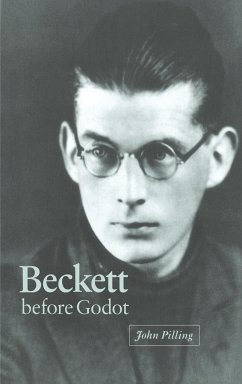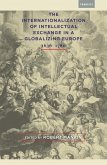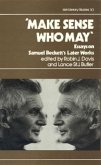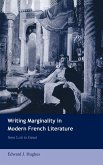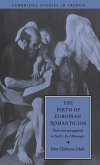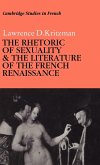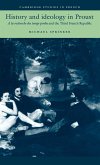In Beckett before Godot, John Pilling (editor of the Cambridge Companion to Beckett) re-evaluates the formative years of Beckett between the publication of his first work in 1929 and the composition late in 1946 of The Calmative, his last work before the 'trilogy'. Using a wealth of unpublished manuscripts and correspondence from around the world, Pilling offers a detailed account of Beckett's early psychological and aesthetic development, and shows how his artistic growth was paradoxically linked to the likelihood of failure, to which he was always temperamentally attracted. Pilling's treatment of the first two decades of Beckett's career as a writer offers for the first time a coherent critical narrative of his development during this long period of apprenticeship. Beckett before Godot links biographical fact with a series of powerful close readings to modify and enhance our understanding of one of this century's most influential authors.
Table of contents:
1. Introduction; Part I. 1929-1932: 2. Dante ... Bruno ... Vico ... Joyce and Assumption: 'the prospect of self-extension'; 3. From a view to a kill: Proust and Le Concentrisme; 4. Dream of Fair to Middling Women: 'a solution of continuity'; Part II. 1932-1936: 5. More poems than precipitates: towards Echo's Bones and beyond; 6. In the interval: More Pricks Than Kicks; 7. Beckett as bookman: the reviews; 8. Figure and ground: Murphy; Part III. 1937-1946: 9. Dissonance: 1937-1940; 10. Watt and Watt not; 11. Texts for something: 'a universe becomes provisional'; 12. Mercier et Camier and the nouvelles: 'the vicissitudes of the road'; 13. Conclusion.
John Pilling re-evaluates the formative years of Beckett between the publication of his first work in 1929 and the composition late in 1946 of The Calmative. Pilling offers for the first time a coherent critical narrative of Beckett's development during this long period of apprenticeship.
A leading Beckett scholar and editor of the Cambridge Companion to Beckett, offers a coherent critical account of Beckett's earliest years.
Hinweis: Dieser Artikel kann nur an eine deutsche Lieferadresse ausgeliefert werden.
Table of contents:
1. Introduction; Part I. 1929-1932: 2. Dante ... Bruno ... Vico ... Joyce and Assumption: 'the prospect of self-extension'; 3. From a view to a kill: Proust and Le Concentrisme; 4. Dream of Fair to Middling Women: 'a solution of continuity'; Part II. 1932-1936: 5. More poems than precipitates: towards Echo's Bones and beyond; 6. In the interval: More Pricks Than Kicks; 7. Beckett as bookman: the reviews; 8. Figure and ground: Murphy; Part III. 1937-1946: 9. Dissonance: 1937-1940; 10. Watt and Watt not; 11. Texts for something: 'a universe becomes provisional'; 12. Mercier et Camier and the nouvelles: 'the vicissitudes of the road'; 13. Conclusion.
John Pilling re-evaluates the formative years of Beckett between the publication of his first work in 1929 and the composition late in 1946 of The Calmative. Pilling offers for the first time a coherent critical narrative of Beckett's development during this long period of apprenticeship.
A leading Beckett scholar and editor of the Cambridge Companion to Beckett, offers a coherent critical account of Beckett's earliest years.
Hinweis: Dieser Artikel kann nur an eine deutsche Lieferadresse ausgeliefert werden.

